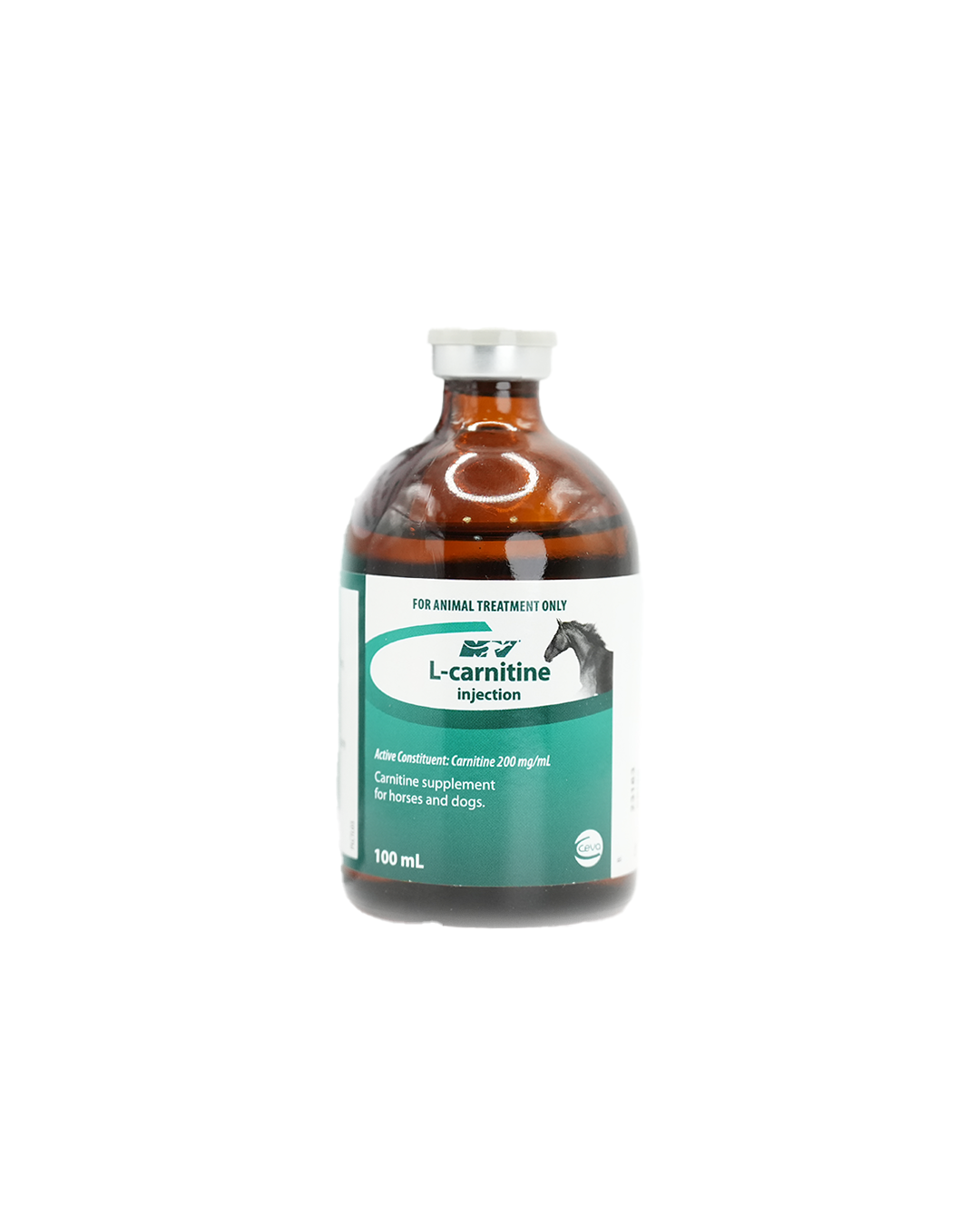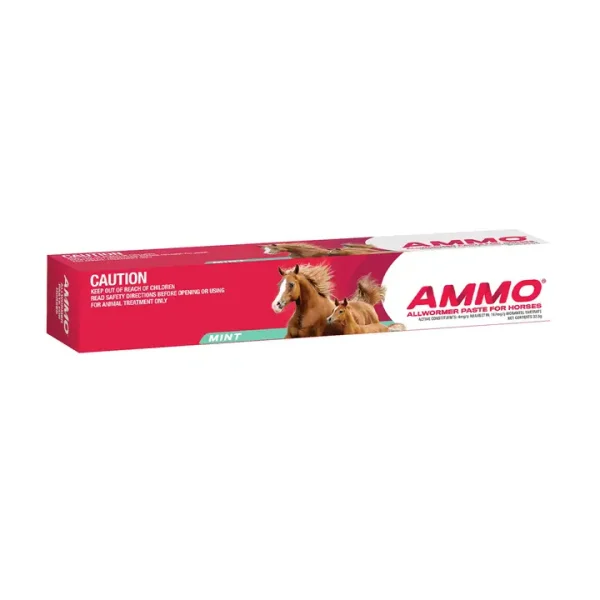Description
- Muscle levels of L-CARNITINE determine the exercise capacity of muscles.
- L-CARNITINE forms the essential transport system for use of fats as an energy source.
- L-CARNITINE may help delay muscle fatigue and improve endurance.
- L-CARNITINE is essential for normal heart function.
- Performance horses recover more efficiently when supplemented with L-CARNITINE.
L-CARNITINE is an amino acid which helps transport fats into muscle cells. It is essential in the transport of fats into muscle cells for energy production. The muscle levels of L-CARNITINE determine the exercise capacity of muscles.. By using fats as energy for muscle contractions, the body is sparing glycogen and delaying the accumulation of lactic acid.
L-CARNITINE delays muscle fatigue by reducing lactic acid formation, and improves performance and endurance.
L-CARNITINE forms an essential part of the transport system which moves fatty acids into the mitachondria (cell furnaces) for energy production. It thus acts as a buffer by inhibiting lactic acid buildup in muscles, helping to delay fatigue and prevent Tying Up. Demand for L-CARNITINE in heavily exercising horses is often not met from the diet, as large amounts are consumed during exercise. Supplementing with L-CARNITINE results in improved energy supply, increased use of fatty acids as an energy source, decreased lactate buildup, and a significant increase in maximum work output.
L-CARNITINE is essential for normal heart function. Supplementing with L-CARNITINE improves both sprint and endurance performance. Performance horses can rapidly run out of glycogen as an energy source, but will rarely run out of fats. Mobilising fats as an energy source helps prevent the accumulation of lactic acid in muscles, hence delaying fatigue and possible Tying Up, and significantly improving the capacity of muscles to work harder for longer.






